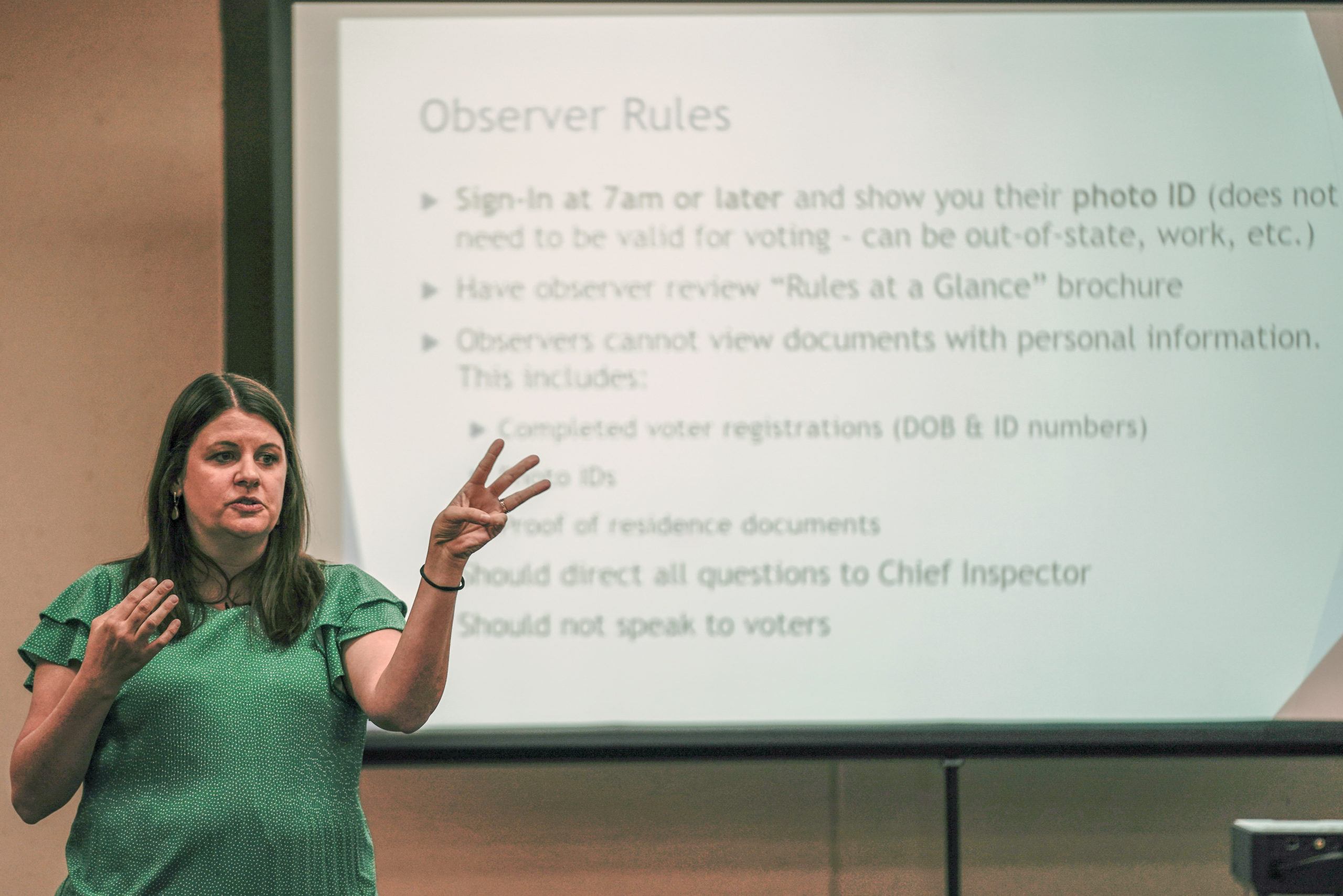Split Supreme Court finds no double jeopardy violation in case of child sex assault
By: Michaela Paukner, [email protected]//March 4, 2020//
Split Supreme Court finds no double jeopardy violation in case of child sex assault
By: Michaela Paukner, [email protected]//March 4, 2020//
Questions of double jeopardy in a case involving child sexual assault have split the Wisconsin Supreme Court.
The high court issued an opinion on Wednesday about a Lincoln County case that charged a man twice with the sexual assault of a 15-year-old after he had been found to be the father of her child.
The state first charged Alexander Schultz with repeated sexual assault of a child in 2013. Prosecutors accused him of having sex with the 15-year-old in “late summer to early fall of 2012,” when Schultz was 19 or 20 years old.
A jury acquitted him of the charge, but five days after his acquittal, a paternity test found Schultz was the father of the girl’s child. The state then charged Schultz with sexual assault “on or about Oct. 19, 2012,” the date the girl’s obstetrician decided the child was conceived.
Schultz pleaded guilty to the second charge, and the circuit court denied his motion for postconviction relief. The Court of Appeals rejected his argument that the state had violated double-jeopardy clauses.
The state Supreme Court took up the case, and a majority affirmed the appellate court on Wednesday.
Chief Justice Pat Roggensack and Justices Rebecca Bradley, Dan Kelly and Annette Ziegler decided Schultz wasn’t twice in jeopardy for the same offense because the first trial didn’t encompass the same timeframe of the offense charged in the second prosecution.
The majority found the court may examine the entire record of the first proceeding, including evidence admitted at trial, when determining the scope of jeopardy in a previous criminal prosecution. The record included a police report, which Bradley said “plainly establishes the timeframe” for the first instances of assault.
“Contrary to Schultz’s argument, however, no binding authority limits courts to using the record only to determine the subjective understanding of the parties in the first criminal proceeding at the time jeopardy attaches,” Bradley wrote.
The majority opinion included a number of footnotes critiquing the dissenting opinion, including one saying the dissent contradicts its own analysis.
“The dissent dodges the dispositive question in this case: were the offenses charged in each prosecution separated in time?” Bradley wrote. “The dissent offers no answer. Instead, the dissent merely assumes ‘early fall’ encompasses October 19.”
Justice Brian Hagedorn wrote the dissenting opinion, and justices Ann Walsh Bradley and Rebecca Dallet joined him. Hagedorn said the state chose a “broad and imprecise” charging period in its first attempt to prosecute Schultz.
“The majority construes the ambiguous timeframe narrowly, whereas I believe a proper protection of Schultz’s constitutional right to be free from double jeopardy requires us to construe such ambiguity against the State,” Hagedorn wrote.
He said a full reading of vague and imprecise language requires giving the defendant the benefit of the doubt arising from the state’s imprecision, contrary to the majority’s interpretation.
“While the majority may describe what it is doing as reasonably reading the charging language, it is in fact identifying a narrower date certain the State never chose,” Hagedorn wrote. Follow @WLJReporter
Legal News
- Money isn’t enough to smooth the path for Republican candidates hoping to retake the Senate
- Milwaukee election leader ousted 6 months before election in presidential swing state
- Former President Trump calls for arrest of special prosecutor Jack Smith
- Wisconsin judge dismisses lawsuit challenging state’s new wolf management plan
- Wisconsin Supreme Court issues opinion on Milwaukee Police officer fired over Facebook posts
- Gov. Evers Seeks applicants for Menominee County Register of Deeds
- Donald Trump calls Joe Biden weak on antisemitism, ignoring his own rhetoric
- Gov. Evers again calls Republican lawmakers into special meeting
- CIA is obstructing justice and witness tampering in Havana Syndrome cover up, attorney says
- Wisconsin Supreme Court will decide whether mobile voting sites are legal
- WisDOT honors Wisconsin State Patrol staff for going above and beyond to keep communities safe
- Milwaukee Men sentenced to Federal Prison for pharmacy robberies and firearms offenses
WLJ People
- Power 30 Personal Injury Attorneys – Russell Nicolet
- Power 30 Personal Injury Attorneys – Benjamin Nicolet
- Power 30 Personal Injury Attorneys – Dustin T. Woehl
- Power 30 Personal Injury Attorneys – Katherine Metzger
- Power 30 Personal Injury Attorneys – Joseph Ryan
- Power 30 Personal Injury Attorneys – James M. Ryan
- Power 30 Personal Injury Attorneys – Dana Wachs
- Power 30 Personal Injury Attorneys – Mark L. Thomsen
- Power 30 Personal Injury Attorneys – Matthew Lein
- Power 30 Personal Injury Attorneys – Jeffrey A. Pitman
- Power 30 Personal Injury Attorneys – William Pemberton
- Power 30 Personal Injury Attorneys – Howard S. Sicula











